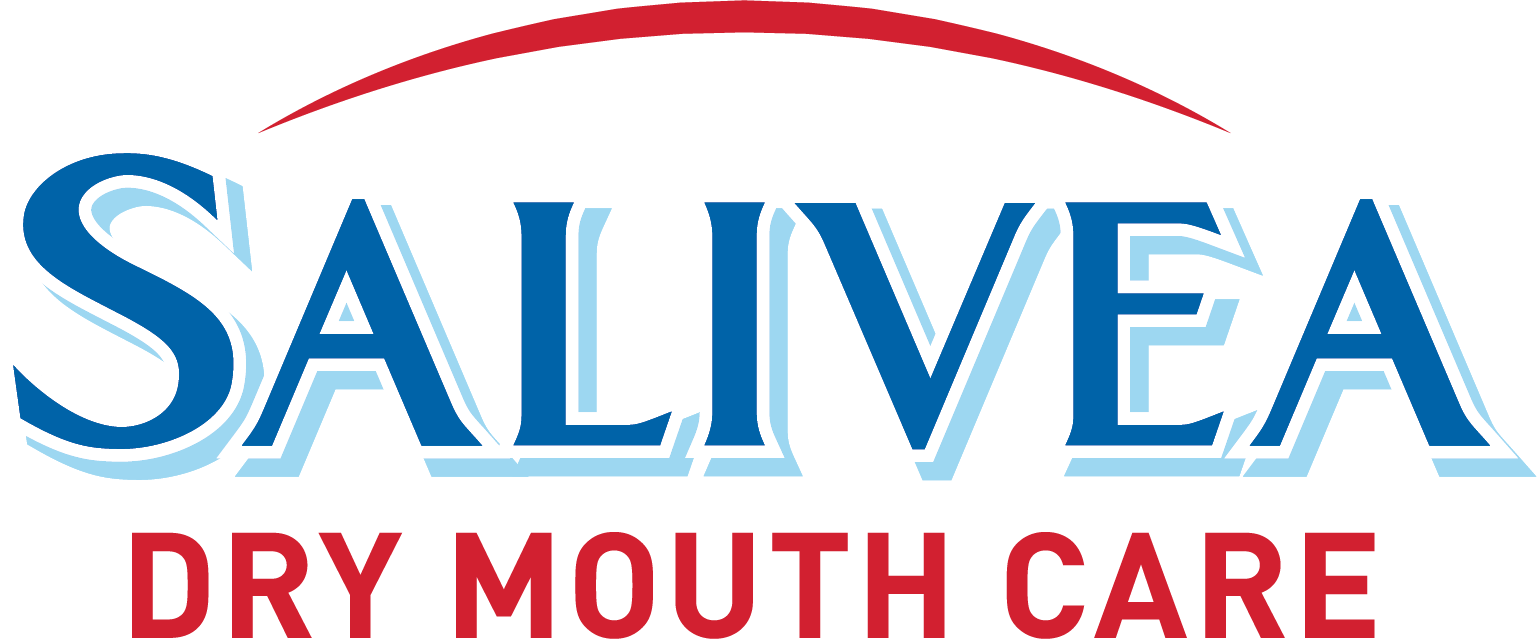Medications & Dry Mouth
One of the side effects of many medications is dry mouth, formally known as Xerostomia. There are literally hundreds of medications that cause this uncomfortable condition, from everyday prescriptions and allergy relief to those used in radiation and chemotherapy.
Dry mouth isn’t just uncomfortable; it can lead to other health conditions and issues. It occurs when our salivary glands do not function properly and cause “hyposalivation,” the condition of a marked decrease in salivary flow. Dry mouth makes chewing and swallowing food difficult, which can lead to vitamin deficiencies and malnutrition. It can affect speech patterns and cause cavities, tooth decay, infection and gum disease.
The American Dental Association (ADA) reports that certain medications are the most frequent cause of decreased salivary flow. The Surgeon General’s Report on Oral Health in America states that over 400 medications can cause dry mouth or exacerbate its symptoms. Patients who take more than one medication regularly are at higher risk for experiencing Xerostomia or exacerbating its symptoms.
Some of the types of medications that may cause dry mouth include, but are not limited to:
Amphetamines
Appetite suppressants
Antibiotics
Antidepressants
Antidiarrheal / Gastric Medications
Antihistamines (for allergy or asthma)
Antihypertensive
Antiparkinson
Antipsychotics
Antiseizure/antispasmodic drugs
Antispasmodics
Benzodiazepines
Beta blockers
Bronchodilators
Chemotherapy
Decongestants
Diuretics
Insomnia relief
Muscle relaxers
Non-steroidal anti-inflammatories
Opioids
Pain relief
Radiation Therapy
Sedatives
Steroids
Urinary Incontinence Drugs
Speak to both your medical and dental healthcare providers if you are suffering from dry mouth and believe that it’s caused by medication they prescribed. They can study the current prescription to see if the dosage can be decreased or changed to an alternative medication. Make them aware of any other prescriptions or over-the-counter medications you are taking.
Many who suffer from dry mouth choose to reduce symptoms using practical methods, such as boosting hydration, whether it’s sipping water or sucking on ice chips, and rinsing with an enzyme-rich dry mouth mouthwash that contains enhanced moisturizers. Another popular method is to use a hydrating mouth spray that supports saliva’s natural defenses to help reduce discomfort.

